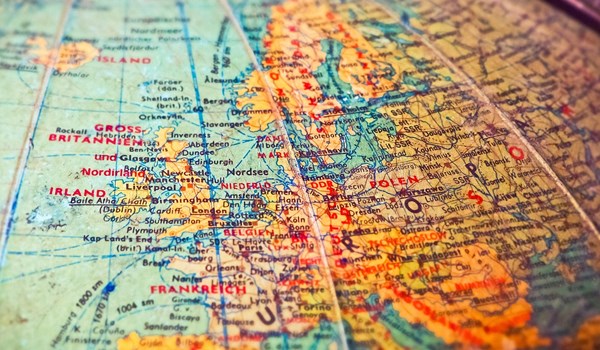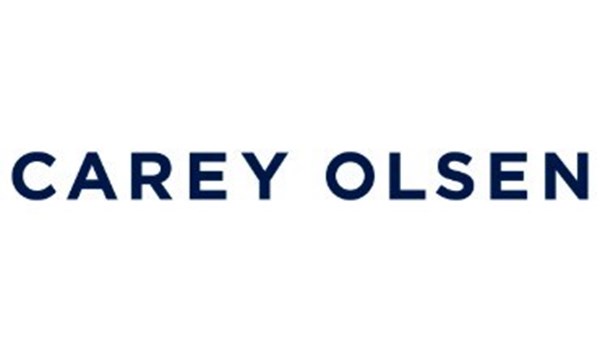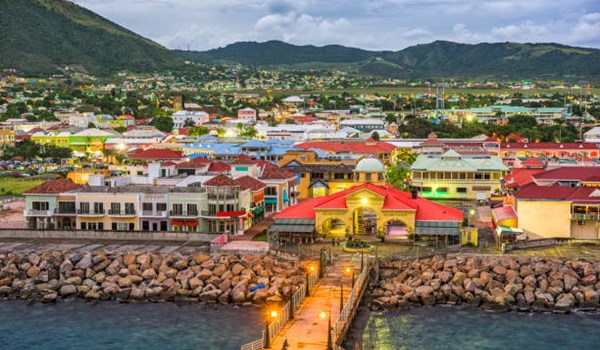Washington’s next governor is striking a different tone than his fellow Democrats on how to tackle the state’s looming budget gap.
Governor-elect Bob Ferguson said Thursday he is “deeply skeptical” about the idea of creating a new wealth tax in the state to address a budget shortfall that officials estimate could end up anywhere between $10-16 billion over the next several years.
Ferguson, who will be sworn in as governor on Wednesday, said that officials should first seek broad spending cuts across most agencies instead of raising revenue to fill the gap.
“What we are going to look at is how we can be more efficient, more lean and decide what we want to prioritize for the investments we’re going to make,” Ferguson said as he publicly announced his budget priorities for the upcoming legislative session, which kicks off Monday.
Ferguson’s reluctance to create or raise taxes on the state’s richest residents stands in stark contrast to proposals from outgoing Gov. Jay Inslee and some Democrats in the Legislature. Inslee recently pitched a 1% tax on the state’s wealthiest individuals – those worth over $100 million – to help close the budget gap.
Ferguson’s strategy reflects, at least in part, the approach favored by Republicans, who have repeatedly said the state should look at cuts to address the budget shortfall.
Part of Ferguson’s plan includes a directive for state agencies to consolidate management positions, reduce administrative costs, restrict equipment purchases and reduce travel by state employees. Ferguson’s plan also includes a focus on reducing spending on small programs, those that just started or haven’t gone into full effect, and others that started as a one-time program during the COVID-19 pandemic.
“I’m asking every state agency to propose their budget cuts so there will be an equivalent of six percent across all state agencies – one agency might be eight percent, one might be four, you get the idea,” he said.
Still, Ferguson’s plan aims to avoid cuts for K-12 schools and public safety.
His proposed savings plan would reduce state spending by more than $4 billion, though he is also calling for roughly $800 million in new spending to pay for law enforcement recruitment grants, affordable housing construction, staffing for ferries and free school meals for students in K-12.



